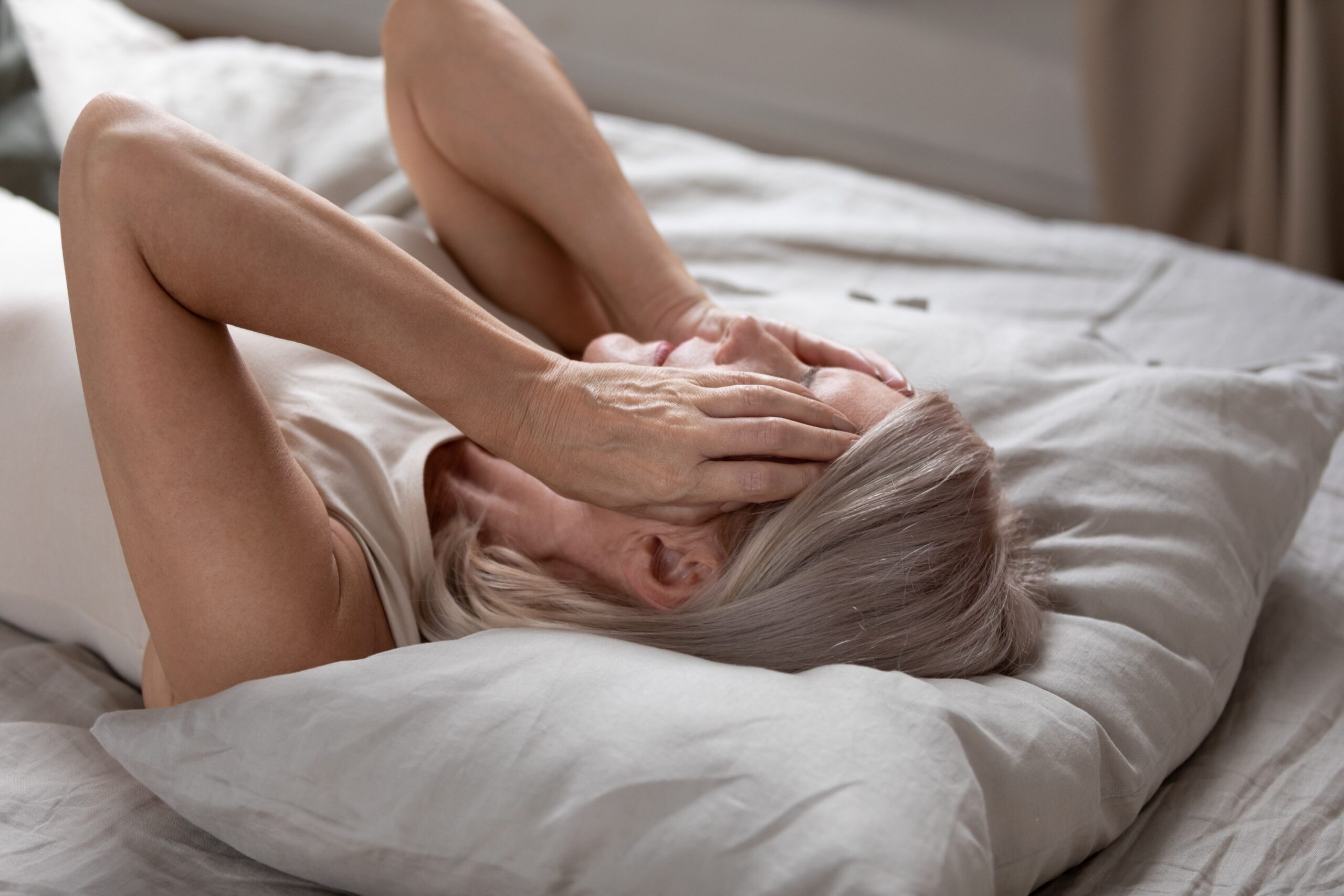
What is nocturia?
Nocturia, also known as nighttime urination, is a common condition that affects many people, especially as they age. It refers to the need to wake up and use the bathroom one or more times during the night, disrupting sleep and causing fatigue and other negative effects. But did you know that nocturia can be related to the health of your pelvic floor muscles and the neuromuscular connection between your brain, bladder muscle and pelvic floor?
What is the pelvic floor?
The pelvic floor is a group of muscles and tissues that form a hammock-like structure in the lower part of the pelvis. It supports the bladder, rectum, and other pelvic organs, and plays a crucial role in maintaining urinary and bowel continence, sexual function, and overall core stability. However, when the pelvic floor muscles are weak or damaged, they can lead to a variety of problems, including urinary incontinence, pelvic organ prolapse, and sexual dysfunction.
How are the two related?
Nocturia can contribute to pelvic floor dysfunction in several ways. For one, the repeated trips to the bathroom during the night can place additional strain on the pelvic floor muscles, which may already be weakened or fatigued from other factors such as pregnancy, childbirth, aging, or chronic health conditions. Over time, this can lead to muscle strain, inflammation, and even injury, which can further compromise the pelvic floor’s function and integrity.
Moreover, nocturia can disrupt the normal bladder function, causing it to become overactive or hypersensitive. This can lead to urge incontinence, a type of bladder leakage that occurs when the bladder contracts involuntarily, often triggered by certain stimuli such as running water or cold weather. The frequent need to urinate can also lead to a loss of bladder capacity, as the bladder becomes used to holding smaller amounts of urine and becomes less able to stretch and contract effectively.
How to decrease the effects of nocturia on the pelvic floor and get better sleep?
To mitigate the effects of nocturia on the pelvic floor, there are several strategies that you can try. First and foremost, it’s important to seek medical advice if you’re experiencing frequent nighttime urination, as it can be a symptom of underlying health conditions such as diabetes, sleep apnea, or prostate problems.
Your pelvic health professional or doctor may recommend lifestyle changes such as reducing fluid intake before bedtime, avoiding caffeine and alcohol, or practicing timed voiding techniques to train your bladder to hold more urine.
They may also recommend Kegel exercises to help improve the fitness of your pelvic floor muscles. Helping them both engage and relax. The challenge with Kegel exercises can be simply remembering to do them. Research also shows that most people struggle to do them correctly or to do enough to make an impact. The good news is that innovation is here to help make this easier
UROSPOT is a private pelvic health clinic that combines technology, education, and health coaching to get you sleeping through the night away. At UROSPOT you always remain fully clothed. Nothing goes inside your body, and nothing is touching you. UROSPOT uses a medical device that looks like a chair. It is lovingly called the “Kegel Throne”. Simply by sitting on the chair, you’ll effectively do 11,000 Kegels in just 28 minutes, without taking off your clothes and without anyone touching you. The chair uses innovative technology in a non-invasive way to strengthen and restore your pelvic floor and it’s FDA and Health Canada approved. It’s like outsourcing your Kegels so there’s no more pee at 1AM, 2AM, or 3!
UROSPOT is the #1 pelvic health clinic in Canada. Our team of pelvic health professionals help women and men say goodbye to bladder leaks, frequency, urgency, poor sexual functioning, prolapse and other pelvic floor issues.
UROSPOT has 12 locations across Ontario and Alberta and is partially covered by benefits. Consultations are complimentary.



